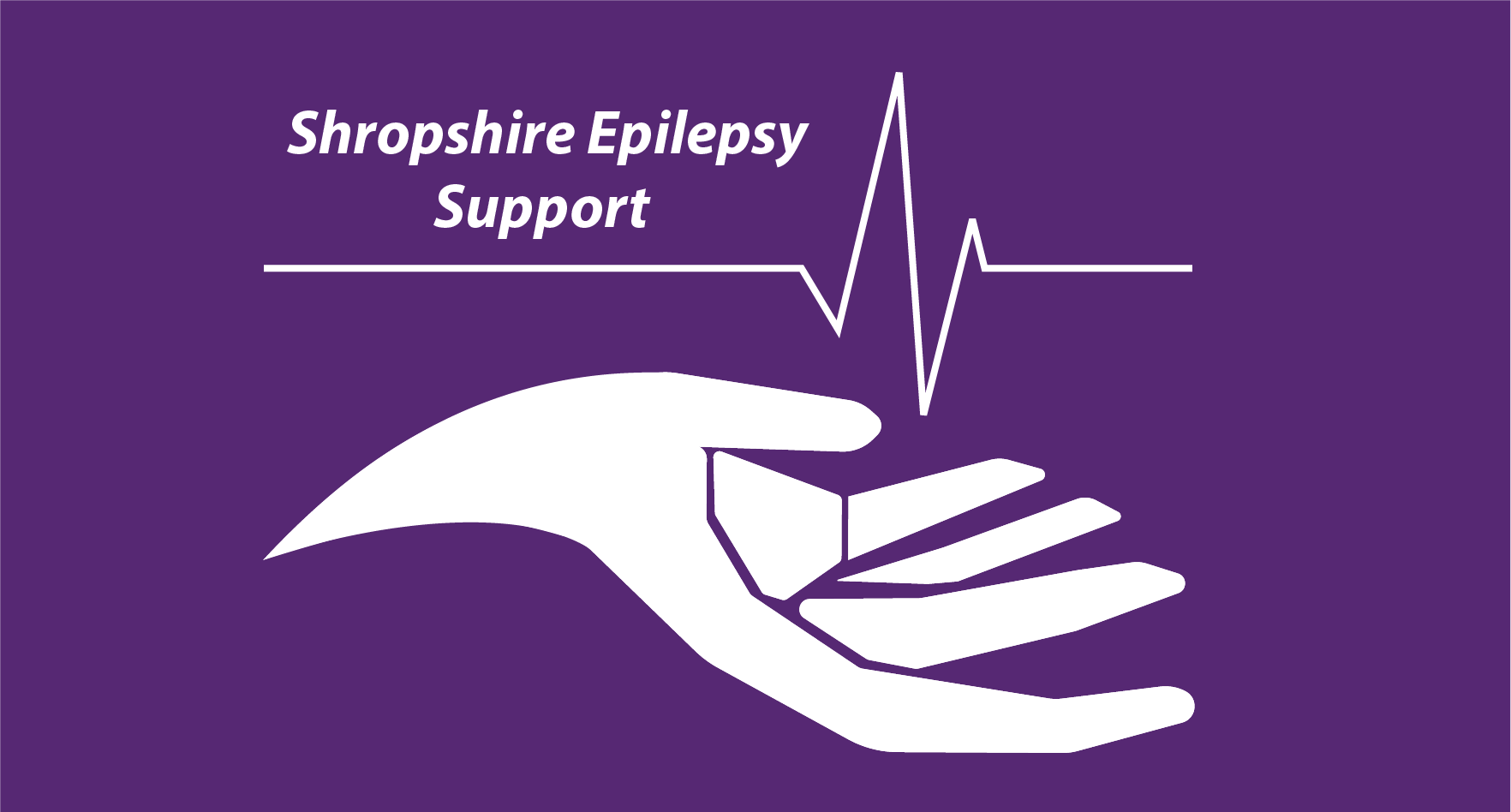Epilepsy is the fourth most common neurological disorder in the world. It is a brain disorder that causes recurring, unprovoked seizures.
Epilepsy accounts for a significant proportion of the world’s disease burden, affecting around 50 million people worldwide. The estimated proportion of the general population with active epilepsy (i.e. continuing seizures or with the need for treatment) at a given time is between 4 and 10 per 1000 people.
Globally, an estimated 5 million people are diagnosed with epilepsy each year. In high-income countries, there are estimated to be 49 per 100 000 people diagnosed with epilepsy each year. In low- and middle-income countries, this figure can be as high as 139 per 100 000. This is likely due to the increased risk of endemic conditions such as malaria or neurocysticercosis; the higher incidence of road traffic injuries; birth-related injuries; and variations in medical infrastructure, the availability of preventive health programmes and accessible care. Close to 80% of people with epilepsy live in low- and middle-income countries.
